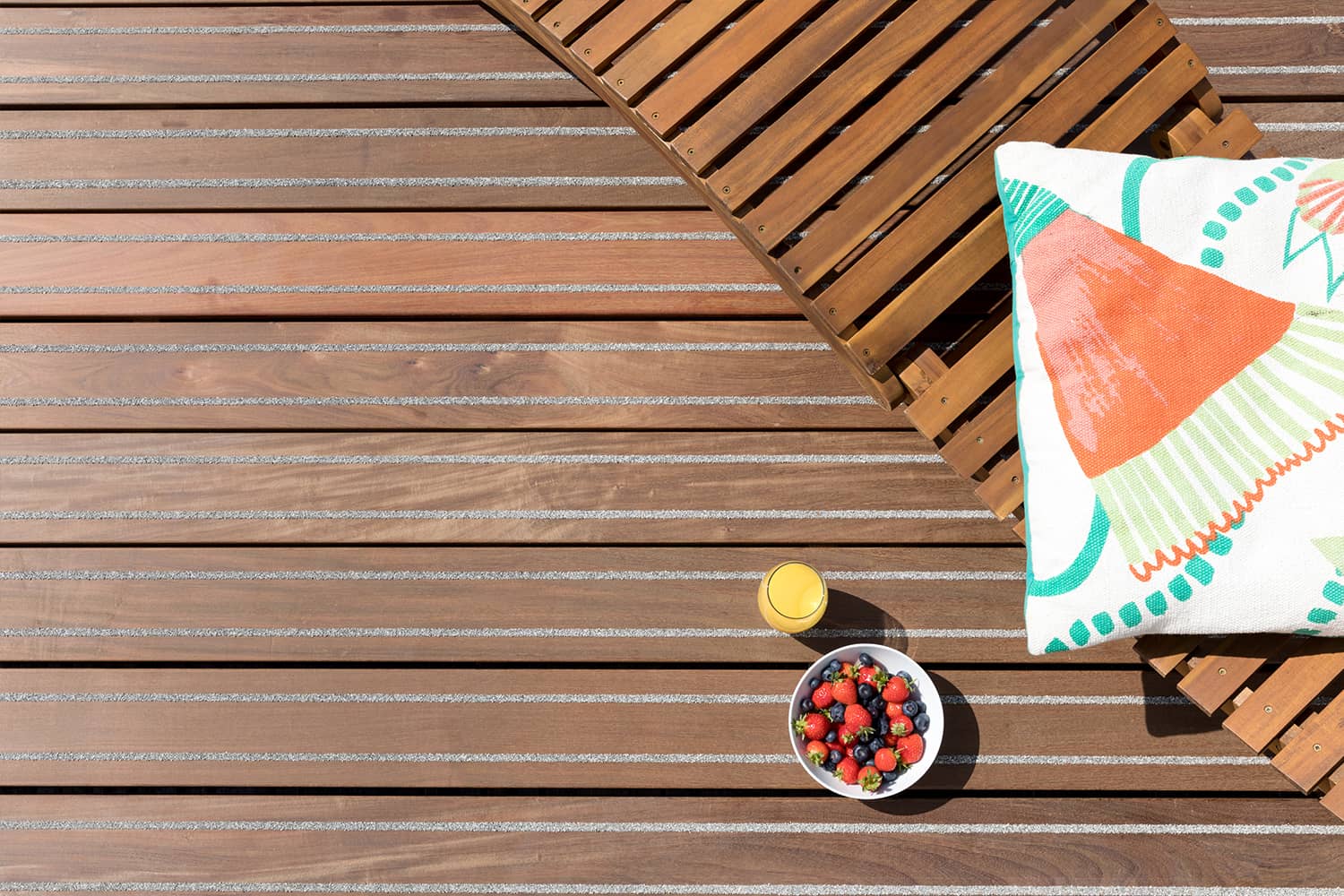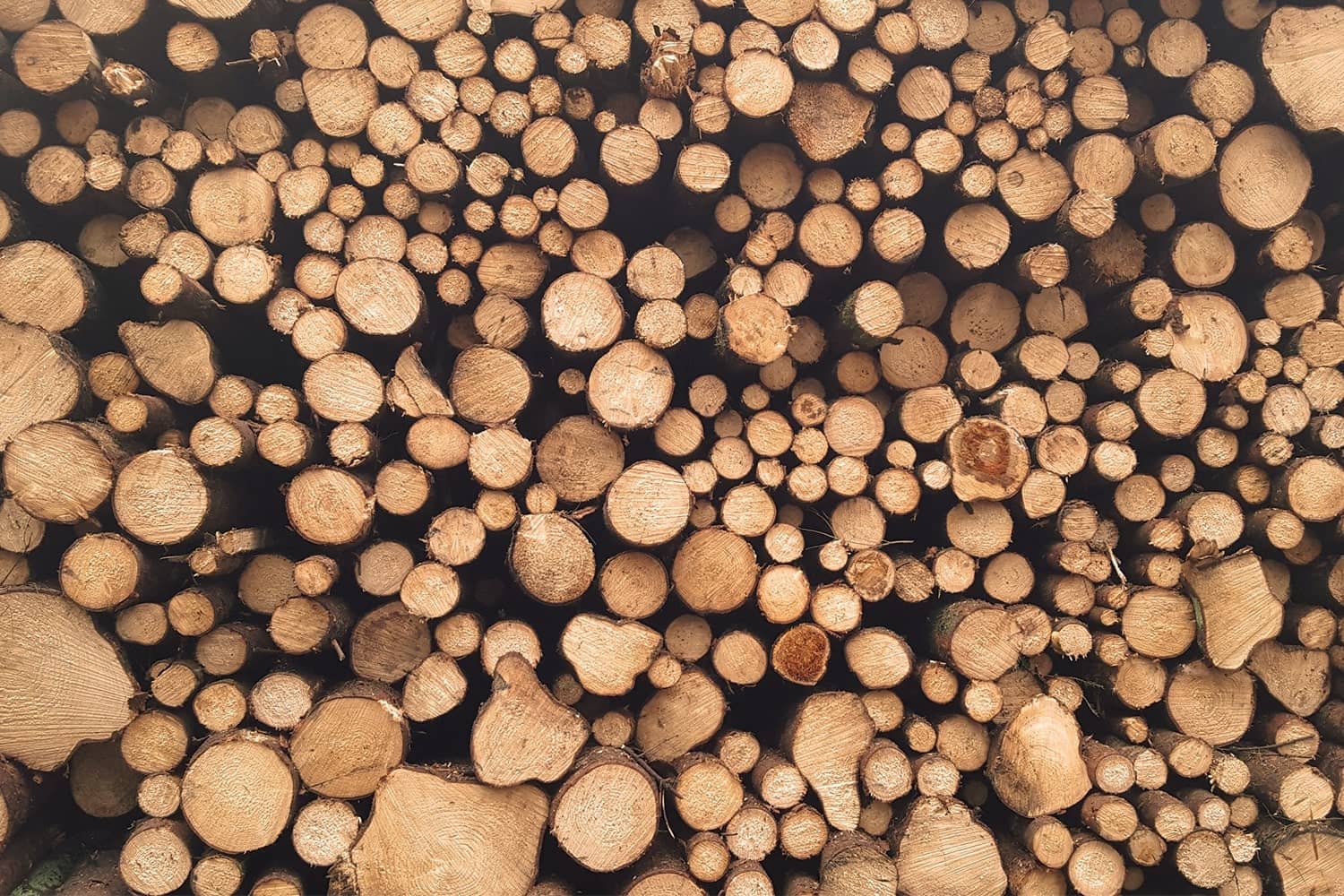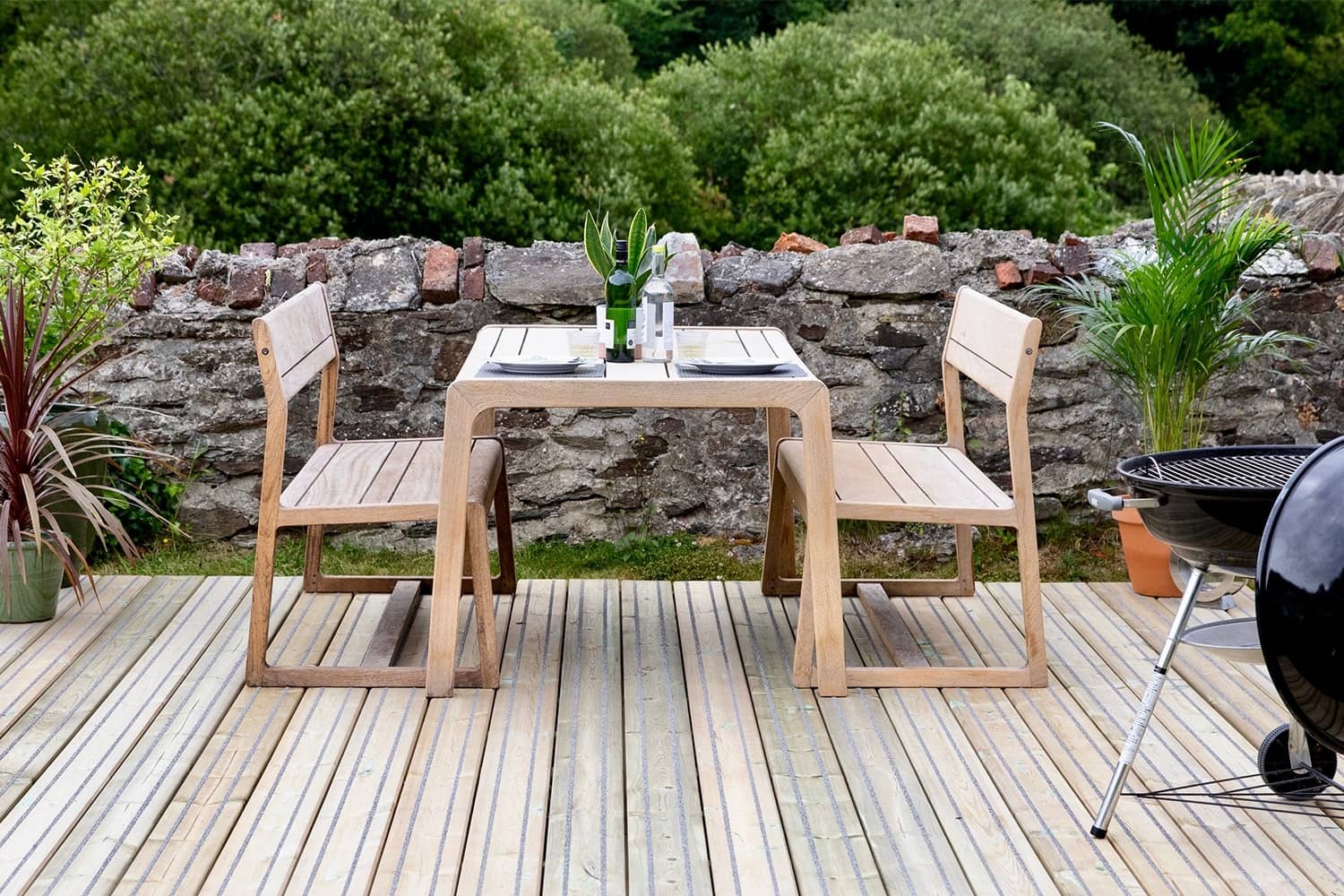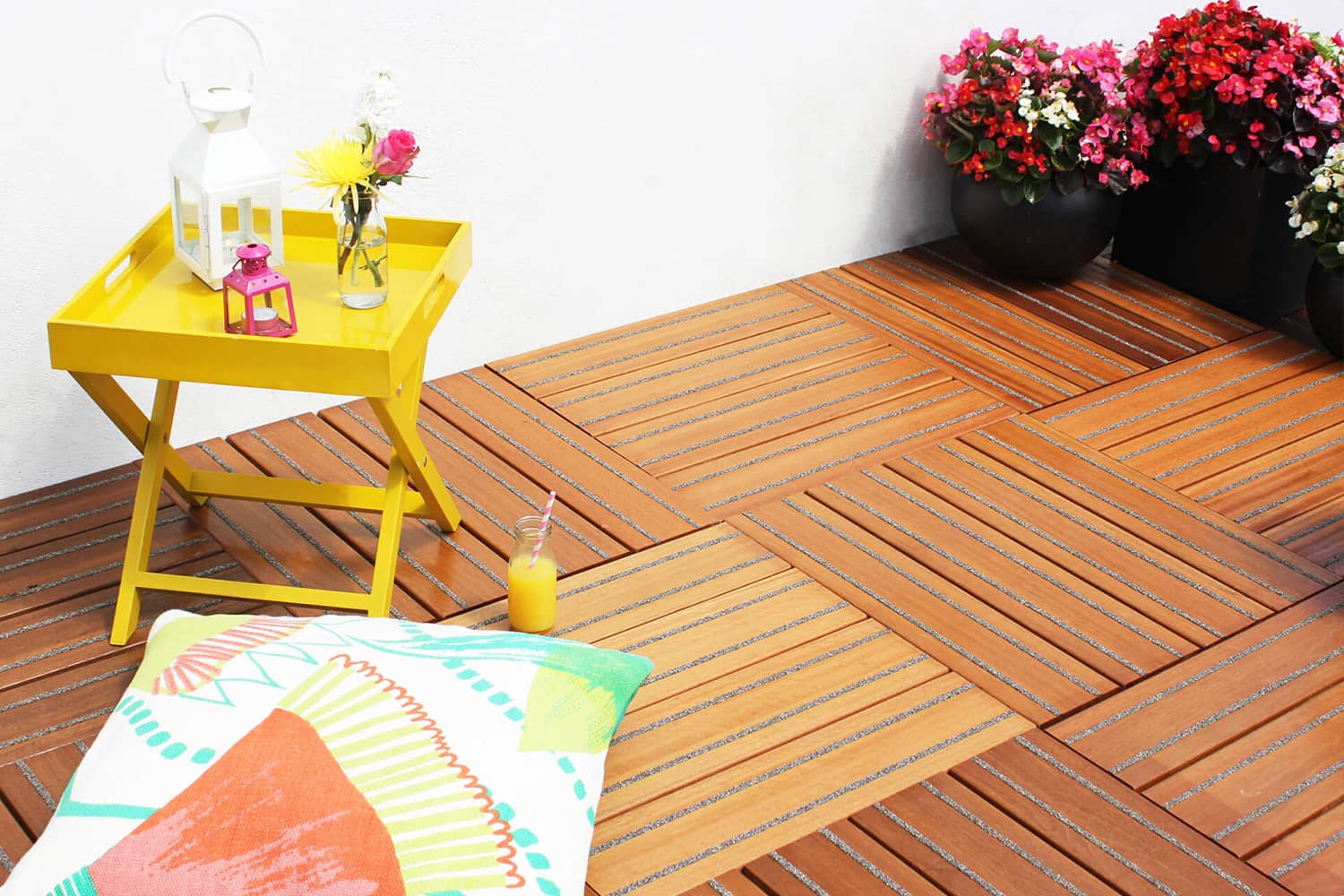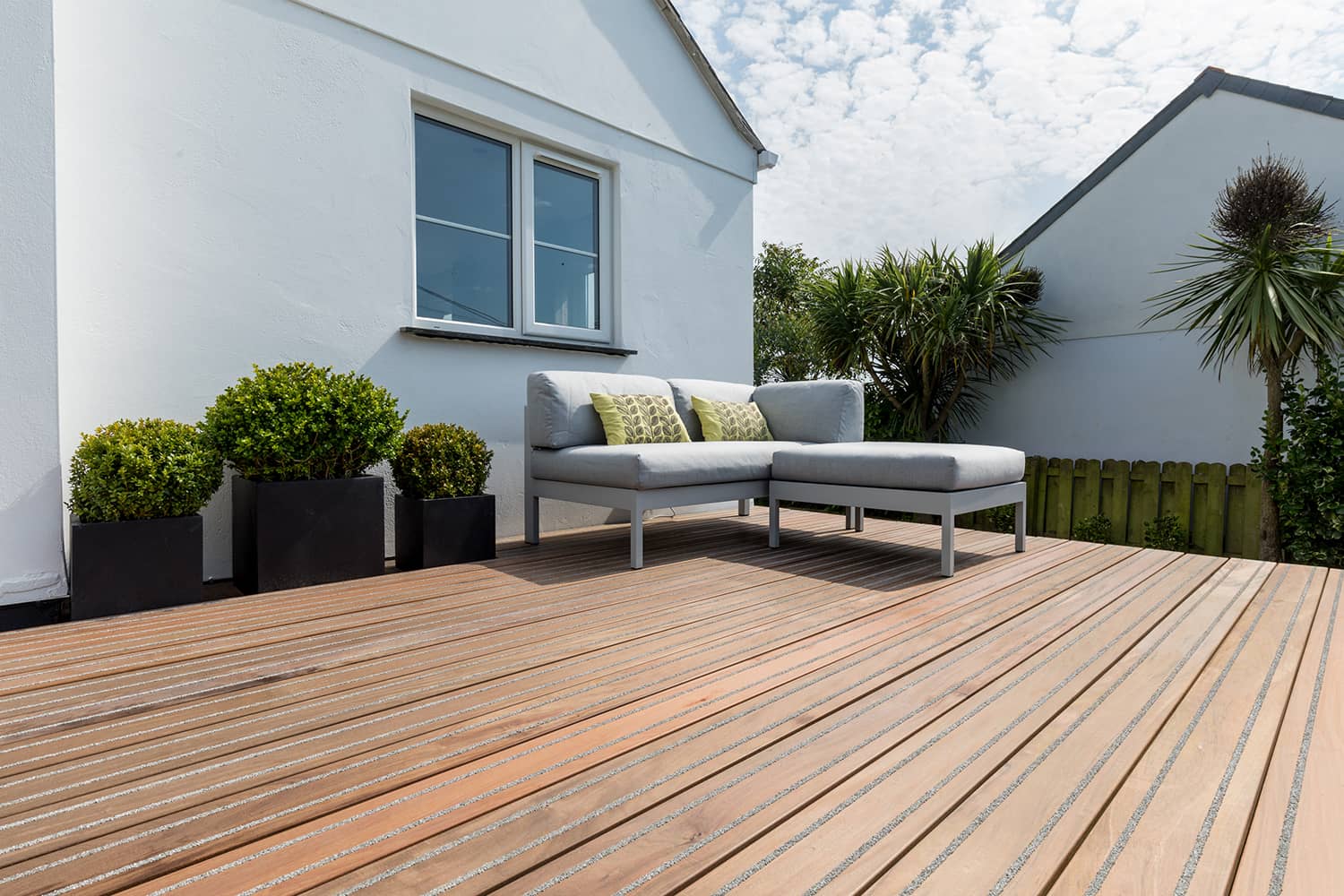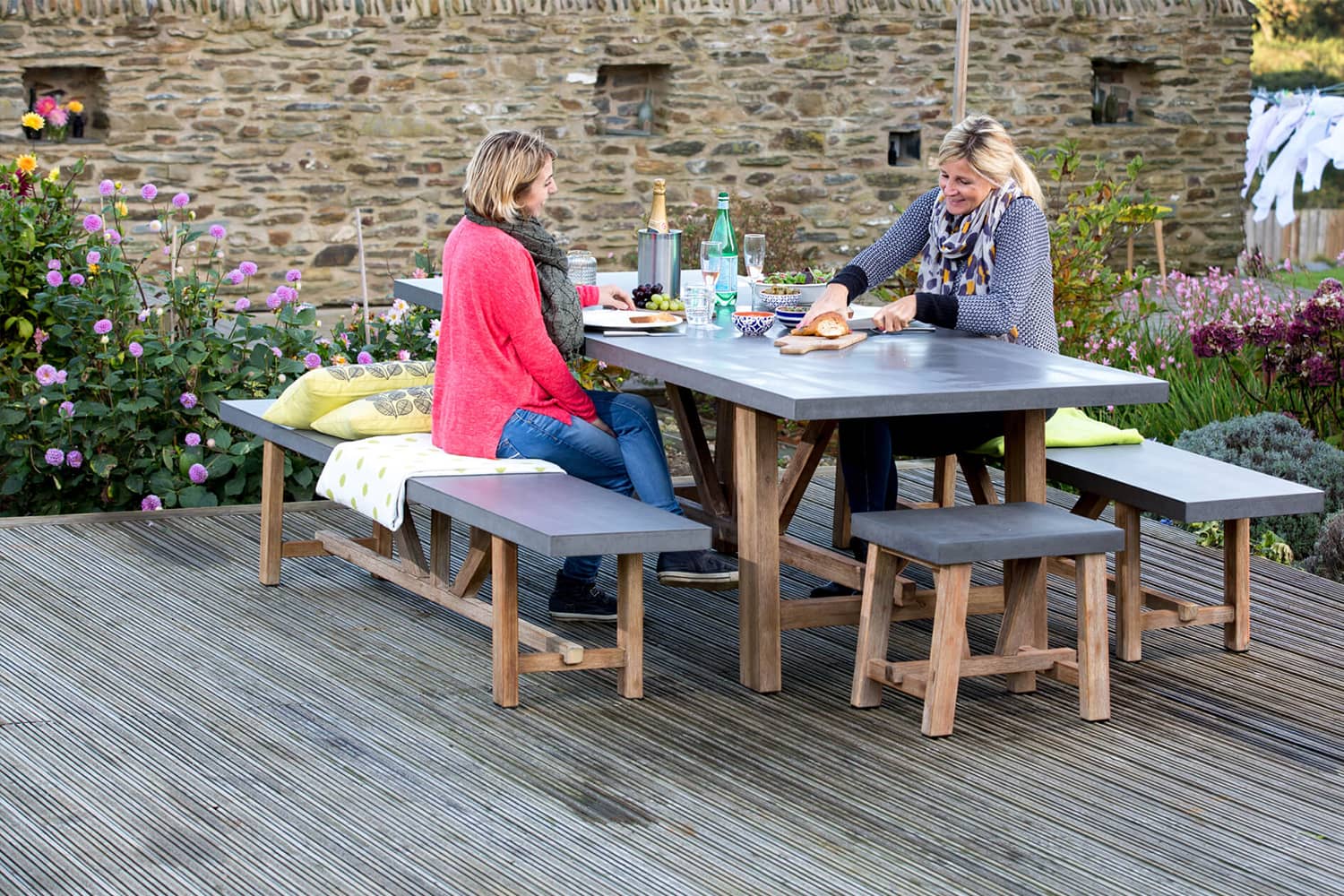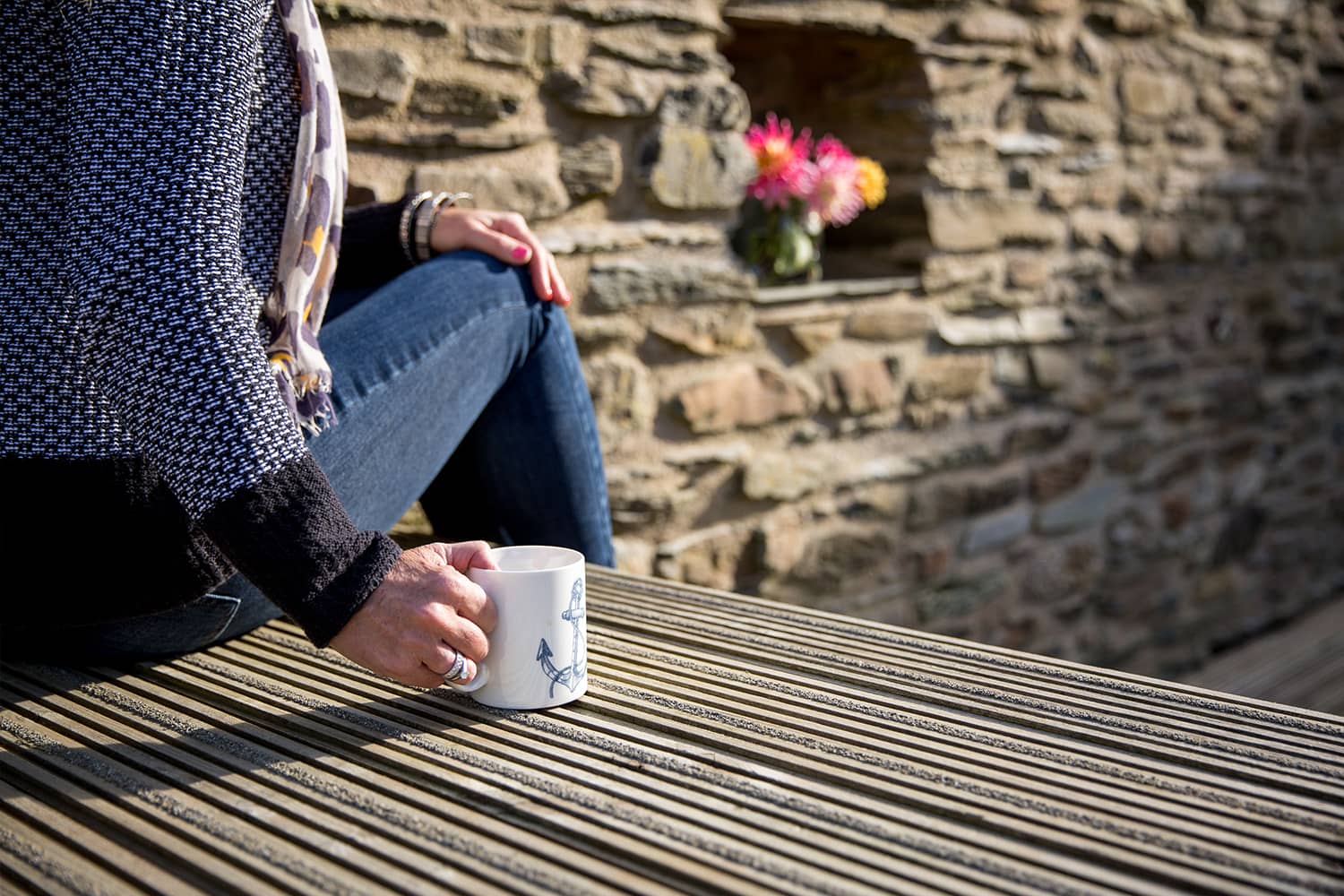Non-slip decking is a great way to make use of your garden all year round. Not only can it be customised and personalised, but it also allows you to create alluring and safe outdoor spaces. Many people choose garden decking to create functional areas for families whilst some just prefer it to a traditional garden.
Softwood and hardwood have their own individual qualities so it’s important to consider what the space will be used for when it comes to choosing the best timber for decking. We’ve compiled a comprehensive analysis between the two, to help guide your decision.
